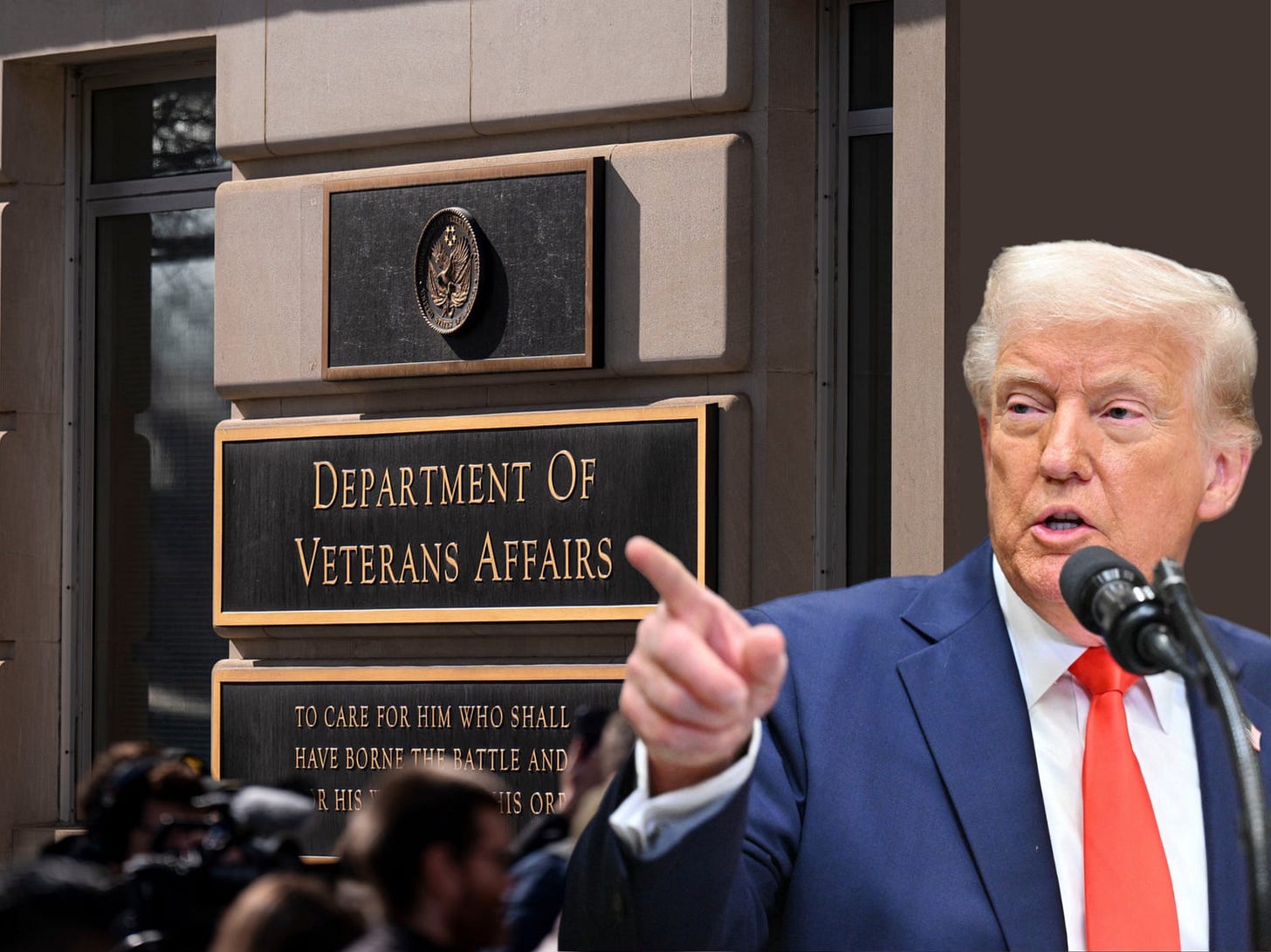VA Healthcare Controversy: Can Doctors Now Deny Care Based on Political Views?
Media Reports Link Trump-Era Order to Alleged New VA Guidelines
Recent policy shifts within the Department of Veterans Affairs (VA) are igniting a firestorm of debate, as numerous media reports suggest that doctors may now be permitted to refuse treatment to veterans based on their political affiliations or marital status. This potential change, widely attributed to new guidelines implemented following a January executive order from the Trump administration, has sent shockwaves through the veteran community and beyond, raising serious questions about the impartiality of healthcare for those who've served.
According to various outlets, including The Guardian, updated VA guidelines have quietly removed explicit protections that previously mandated care irrespective of a veteran's political beliefs or marital status. This omission has led many to interpret the changes as a green light for VA medical professionals—including physicians, nurses, psychologists, and social workers—to potentially deny services based on a patient's political leanings or relationship status. Reports indicate that language explicitly requiring healthcare professionals to care for veterans regardless of their politics and marital status has been eliminated from VA bylaws.
The backlash has been swift and severe. Critics are decrying the alleged policy as a profound betrayal of the veteran population and a dangerous precedent for healthcare ethics. The core principle of medical neutrality—that care should be delivered without prejudice or personal bias—appears to be at stake. Concerns are particularly acute for vulnerable veteran groups, such as those from marginalized communities or in geographically isolated areas, who may already face hurdles in accessing adequate care.
Medical ethicists are reportedly expressing dismay, highlighting that such a policy, if true, would directly contradict foundational tenets of medical practice. Professional codes of conduct universally emphasize a physician's duty to treat all patients equitably, free from the influence of personal politics or beliefs.
While a VA press secretary from the time period reportedly downplayed the significance of these changes, describing them as procedural adjustments to align with the executive order (identified by some as related to "gender ideology extremism"), the implications for veteran well-being are far from trivial. The specter of politicized healthcare within an institution dedicated to those who've sacrificed for the nation is deeply troubling.
This evolving situation underscores a critical moment for veterans' rights and healthcare access. Advocates and concerned citizens are mobilizing, demanding clarity and, if necessary, a swift reversal of any policies that could compromise the universal right of veterans to receive the care they have rightfully earned, irrespective of their political views or personal circumstances.


